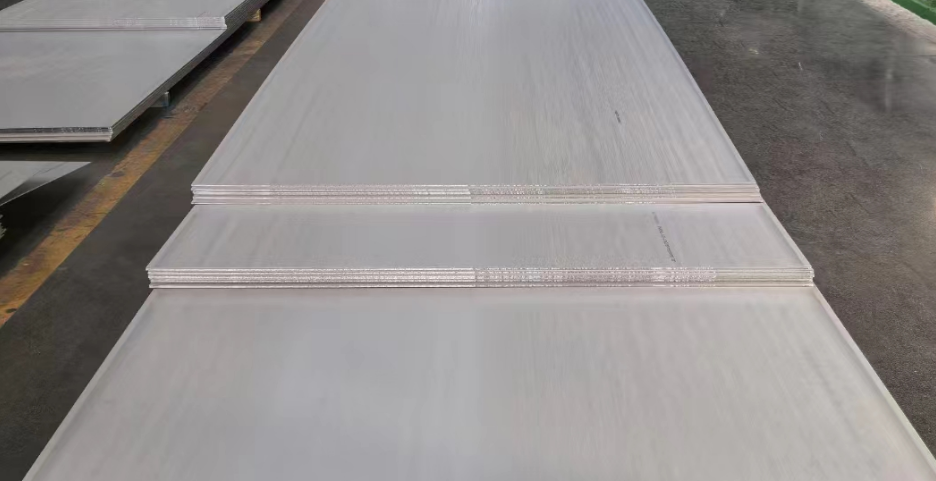Many of our customers have such a question: Does 202 stainless steel rust? Today, in this article, we aim to provide a comprehensive, accurate, and authoritative answer to the question: does 202 stainless steel rust?

Does 202 stainless steel rust?
To understand the rust resistance of 202 stainless steel, it is essential to first understand what stainless steel is and how it resists rust. Stainless steel is a type of steel that contains a minimum of 10.5% chromium, which forms a protective layer of chromium oxide on the surface, known as the passivation layer. This layer prevents oxygen and water from reaching the underlying steel, thus preventing rust formation. However, not all stainless steel grades are created equal in terms of their rust resistance.
202 stainless steel is an austenitic stainless steel grade with a chromium content of 15-18%. It also contains nickel and manganese, which enhance its corrosion resistance and mechanical properties. However, compared to other stainless steel grades like 304 or 316, 202 stainless steel has a lower chromium content, which means its passivation layer is not as stable or resistant to corrosion.
In certain environments, 202 stainless steel may be susceptible to rusting. For instance, in high-humidity areas or environments with frequent exposure to corrosive agents like saltwater, acids, or alkalis, the passivation layer of 202 stainless steel may be compromised, leading to rust formation. Additionally, if the steel is scratched or damaged, the protective layer can be breached, allowing rust to develop.
Moreover, the quality of manufacturing and processing can also affect the rust resistance of 202 stainless steel. Poor-quality steel or improper processing techniques can lead to inconsistencies in the alloy composition or the formation of microstructural defects, which can weaken the passivation layer and increase the risk of rusting.
However, it’s worth noting that even though 202 stainless steel may be more susceptible to rusting compared to higher-grade stainless steel, it still offers better rust resistance than regular carbon steel. In many applications where corrosion resistance is not a primary concern, 202 stainless steel can perform adequately with proper maintenance and care.
To maximize the rust resistance of 202 stainless steel, it is recommended to use it in environments where corrosion is not severe and to maintain it regularly. This includes cleaning the steel with mild soap and water, avoiding the use of harsh chemicals that can damage the passivation layer, and promptly repairing any scratches or damage to prevent rust from spreading.
Conclusion
In conclusion, while 202 stainless steel is not as rust-resistant as higher-grade stainless steel, it still offers better corrosion resistance than regular carbon steel. Its rust resistance can be further enhanced through proper care and maintenance. When considering the use of 202 stainless steel in specific applications, it is advisable to consult with a metals expert or refer to relevant specifications and guidelines to ensure suitability and durability.
Thank you for reading our article and we hope it can help you to find the answer to the question: Does 202 stainless steel rust? And if you are looking for 202 stainless steel suppliers online now, please don’t hesitate to contact Sino Stainless Steel.
As a leading supplier of stainless steel products from Shanghai, China, Sino Stainless Steel provides customers with high-quality 202 stainless steel, stainless steel sheets, stainless steel tubes, stainless steel pipes, stainless steel strips, stainless steel coils, stainless steel plates, and stainless steel bars at a very competitive price.
 :+86-13012867759
:+86-13012867759  :export86@sino-stainless-steel.com
:export86@sino-stainless-steel.com